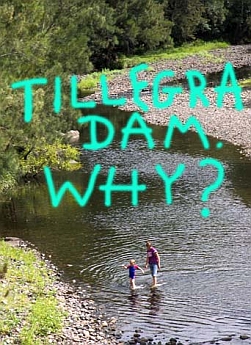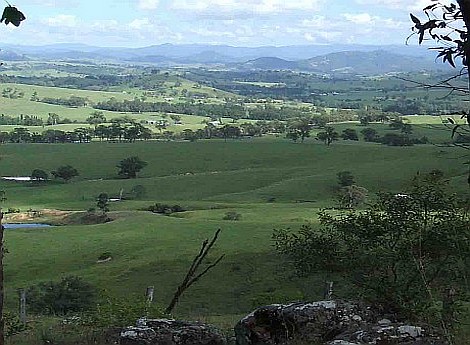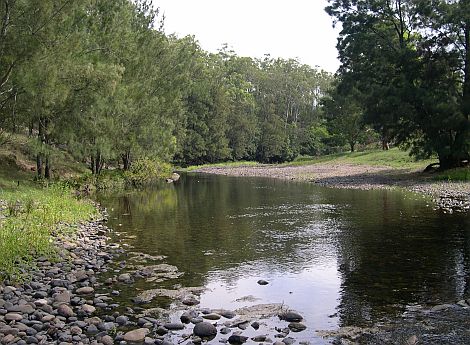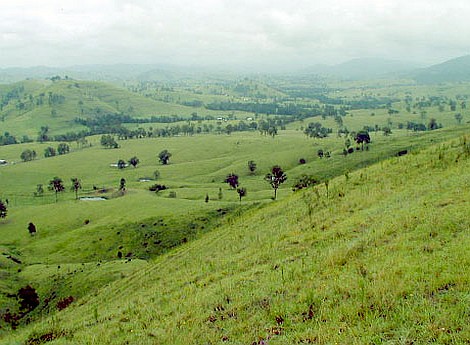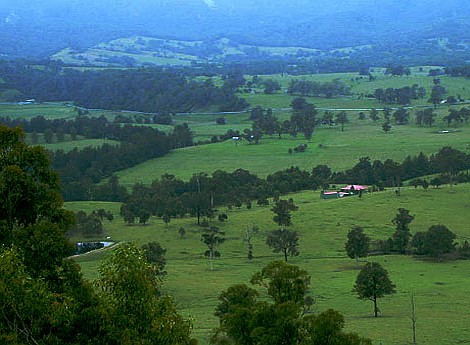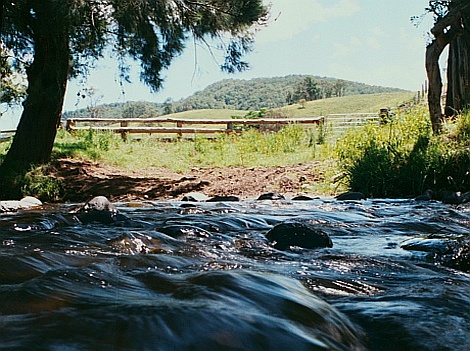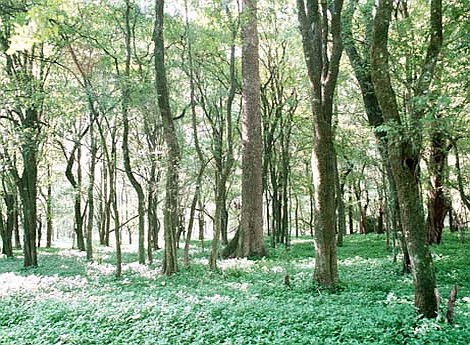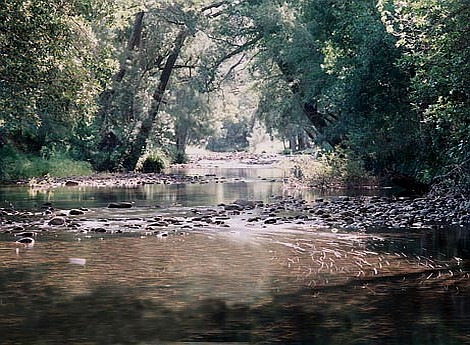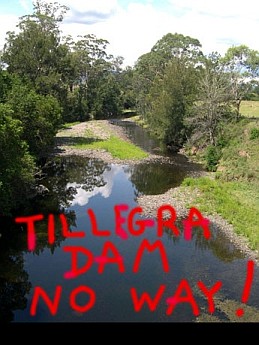Growth – another perspective
A response to the Tillegra Dam CRG Forum – Growth through imposition…
Growth in this context refers to the idea of individuals and communities becoming stronger and developing their resources in order to evolve towards their full potential and natural maturity.There are two main kinds of imposition that humans must face which can involve growth. One kind is the result of so-called acts of God, catastrophes or accidents with negative, sometimes tragic consequences that the victims of which have no choice but to come to terms with and make the best of. The other kind results from choices and decisions made by people with power, either political, social or economic, trying to impose their will, often with the best or good intentions, but sometimes not, on others with less power. In a democratic society the people who do not wish to have these decisions imposed on them have the choice and right to resist them.
If ordinary citizens decide to embark on this course because of a strong conviction that the original choices and decisions are bad ones with serious consequences for many, there is certainly potential for growth, but the kind that does not primarily involve acceptance and a positive attitude in the face of irreversible difficulty or disaster. The people who form this group in a community have to cope with certain emotional and psychological challenges which require dramatic and rapid adaptation which can, nonetheless result in both personal and social rewards.
These people must come to realise that their compulsion to protect what they sincerely and firmly believe must not be lost or damaged, as in the case of a precious natural resource or environment, must not divert them from having the discipline, patience and stoicism to act in ways that are responsible, rational, legal, respectful, democratic and non-violent, in the face of powerful individuals and organisations with far more resources than them. In order to try to achieve their goals, they often face the daunting challenge of suddenly needing to become familiar with complex political, bureaucratic and legal processes that are sometimes manipulated by people who are blatantly dishonest, politically motivated and self-interested, sometimes even corrupt, and actively involve themselves in these processes, often for the first time in their lives.
This can feel like totally foreign and frightening territory and involve developing capacities contrary to their natural inclinations and personalities and beyond their education and experiences, stretching their physical and material resources to the limit. Their passion and commitment can place them uncomfortably in the public realm and at odds with their families, friends, neighbours and community. Sometimes the problem is dealing with a wall of pure apathy in regard to the issue. The stamina needed to deal with all this and still be able to carry on with one’s daily life is huge, requiring a courage, strength of heart, mind and body often very hard to sustain for long periods. It can be a very lonely, tough and risky journey. No-one who has been through this process, as many of the land-holders in the inundation area would testify, would criticise those who withdraw from such a fight because they can no longer withstand the pressures on their lives. On the other hand, there are others who choose to fight on. The choice in our society is fortunately one we all have the freedom to make as individuals. The fighters do not deserve public criticism or castigation from those who choose to take another path.
In conclusion, the issue of the dam is not the sacrosanct preserve of one group or another. Our environment and community belongs to us all and we all have positive things to offer it. A healthy community, one that truly embraces growth in the fullest sense must also embrace the group of people I have described. A healthy and democratic society should empower all its members and not seek to silence, marginalise or destroy some because they refuse to conform, through the imposition and misuse of power.
Frances Crane
Main Creek.
